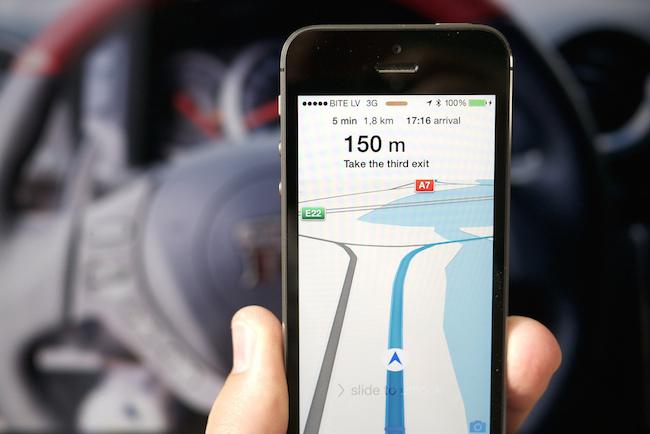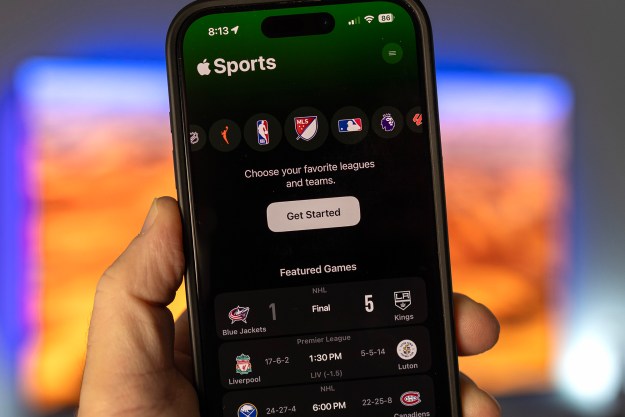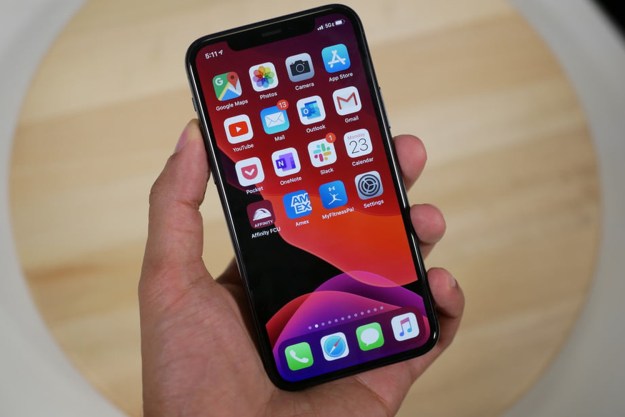
Apple announced several major updates to iOS at WWDC 2014 on June 2, 2014, but the company remained strangely silent on its Maps app. According to a report from TechCrunch, several important updates were supposed to launch alongside iOS 8 at the developer’s conference, but were delayed due to poor project management and much internal debate.
It’s been two years since Apple abandoned Google Maps in favor of its own, homegrown navigation app. When Apple first showed off Maps at WWDC in 2012, the app sure looked pretty, but it didn’t work properly. The great maps fiasco was heard throughout the world and its effects still reverberate to this day. So far, Apple has been unable to turn Maps’ reputation around, let alone make it into a viable Google Maps competitor. The Maps app may be much more functional than it was when it first launched, but the fact remains that there is no incentive for iOS users to leave Google Maps’ superior offering.
According to 9to5 Mac, Apple was supposed to present a series of updates to the Maps app at WWDC this year. The improvements were said to include a better interface, new public transit directions, attractions nearby, and more reliability overall. However, by the time Apple’s developer conference wrapped up, nobody had heard a word about the supposed new and improved Maps app. Vague references about vector maps and indoor location data aside, Apple did not address Maps at all.
Now, anonymous sources report that there was a very big reason for Apple’s silence. One source said that the project was poorly managed and that internal politics prevented the Maps team from finishing any meaningful updates. Another claimed that developers were put off by the confusion and left to pursue other projects. The delay reflects Apple’s conflicted mind state toward Maps: On one hand, Apple knows that it must fix the app, but it simply doesn’t know which direction to take with it.
The Maps team still has ample time to pull itself together and issue a great update to the app before iOS 8 lands in consumers’ hands, but it will need to work hard to do so in the short amount of time left. Otherwise, Apple will be looking at three years without true success with fixing Maps.
Editors' Recommendations
- Here’s how Apple could change your iPhone forever
- 10 iPhone productivity apps you need to download right now
- We now know when Apple is adding RCS to the iPhone
- How to find and use transcripts in Apple Podcasts
- Is Temu legit? Everything you need to know about the shopping app


